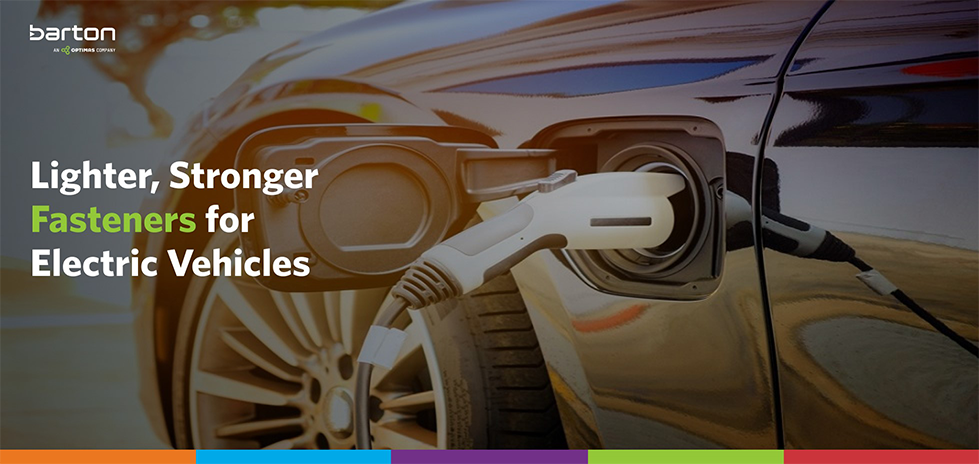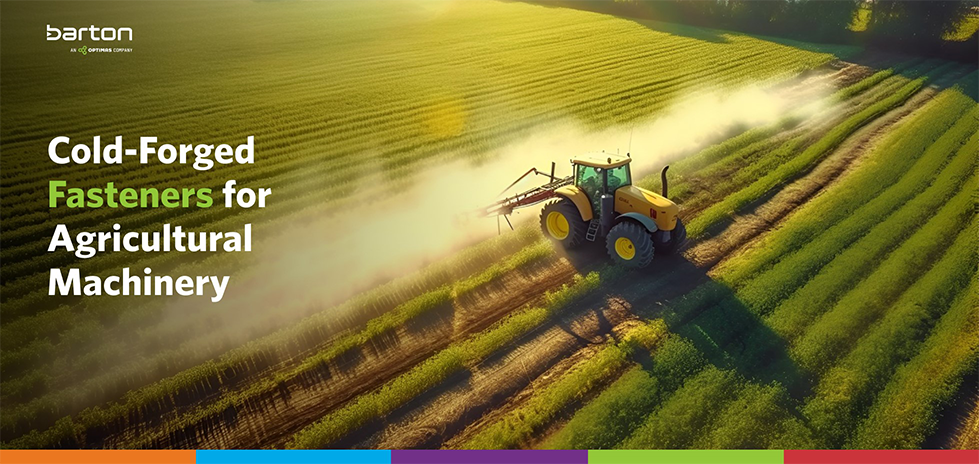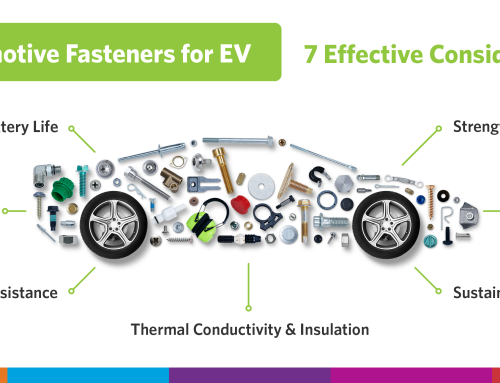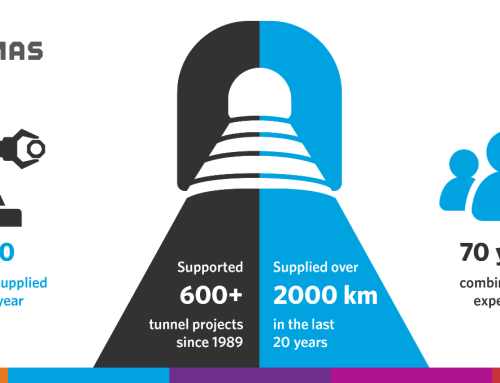
Lighter, Stronger EV Fasteners
Electric vehicle manufacturers are developing ever-evolving battery and vehicle technologies. As range, heat and lightweighting concerns still pervade the EV market, manufacturers are completely rethinking the structure, design and makeup of their builds to optimise vehicle performance.
It’s crucial, then, that EV manufacturers prioritise solutions to their heat and lightweighting issues, down to the smallest of parts, alongside considering the carbon footprint of the supply chain.
EV Fasteners: Key Requirements
EV fasteners may only account for 1% of your project budget, but they can make up nearly 50% of your product’s Bill of Materials. For all EV manufacturers, it’s important to use the correct, high-quality fasteners to optimise vehicle performance.
With greater electrification comes a greater need for insulation. To avoid depleting battery performance, it’s crucial that manufacturers prioritise thermal insulation in the initial design stage to avoid both internal over-heating and damage done by external conditions.
The smallest parts can also have the biggest impact on weight. As EVs tend to be much heavier than their petrol or diesel counterparts due to their batteries, using lightweight materials at every opportunity is crucial to lessen emission and heighten vehicle performance. Even down to EV fasteners, it’s important you prioritise using light-weight materials at every opportunity to optimise battery performance. Using materials like aluminium can massively reduce the weight of an EV battery.
Cold-Formed EV Fasteners: How Barton can help
With over 90 years’ experience cold-forging fasteners, Barton Cold-Form, Optimas’ UK manufacturing division in Droitwich, has grown to become the Midlands’ biggest cold-form fastener manufacturer, and one of the biggest in the UK.
Cold-forming may be a 150 year-old process, but the team at Barton have proved its suitability to many modern engineering requirements. Working with and relied upon, by countless OEMs and manufacturers throughout the UK and Europe, the team not only produces standard, engineered and licensed fasteners, but many complex, bespoke and designed intricate parts.
Barton’s cold-formed fasteners are ideal for electric vehicle applications, providing these advantages:
Lightweighting
Barton has the capability to produce chassis fasteners in a wide range of lightweight materials, like aluminium, to contribute to improved vehicle acceleration and fuel efficiency. These materials are also corrosion resistant, therefore withstanding harsh environmental conditions.
Durability
Cold-forming maximises a part’s metallurgical properties, prioritising strength and durability by ensuring its structural integrity, offering an advantage over traditional, machined parts.
Large Scale Production
Cold-forming is an especially efficient manufacturing process, with simple parts produced at 300 a minute, and more complex ones at up to 200 per minute. Plus, the speed of cold-forming means our fastener manufacturers can produce hundreds of millions of parts a year, allowing for an effective handling of full-scale production and high-demand periods.
Sustainability
Not only is Barton’s manufacturing plant powered by 100% renewable energy, but 89% of cold forming waste material is recycled, with 0% sent to landfill. As parts are formed in their near-net state, cold-forming is also a sustainable production process. Before a part is manufactured, any additive waste produced by prototyping is recycled, too.
To find out more about our manufacturing capabilities, or to speak to one of our experts, you can do so here. Partner with us to optimise your products and meet demand.






